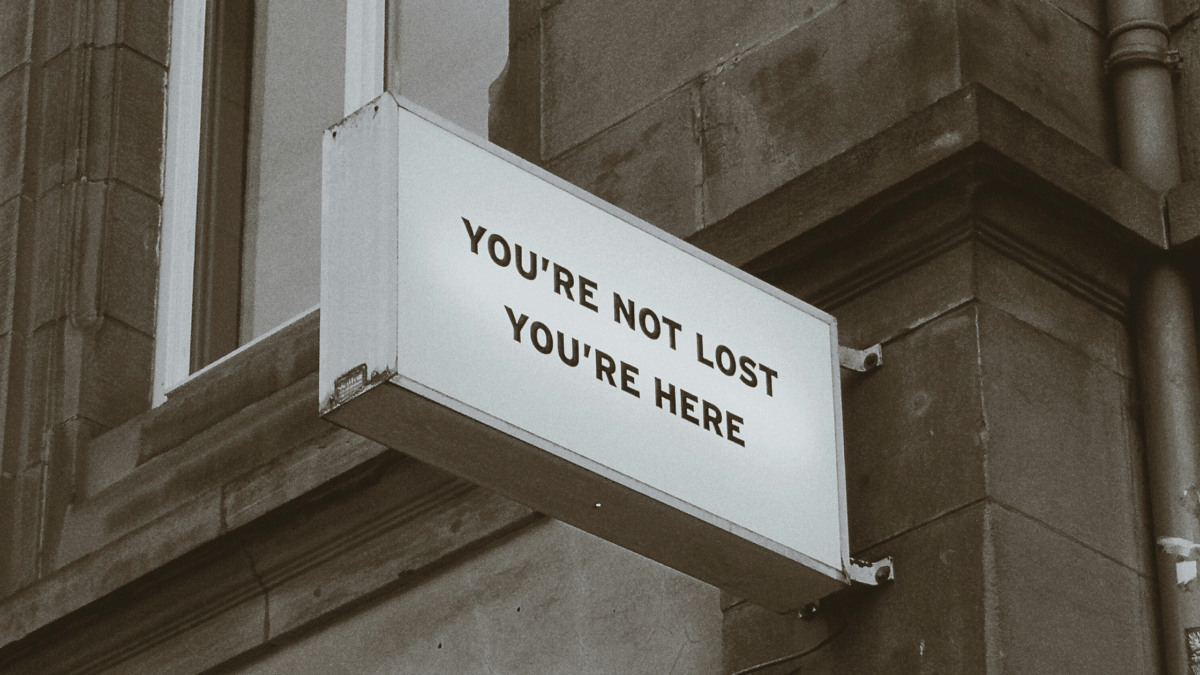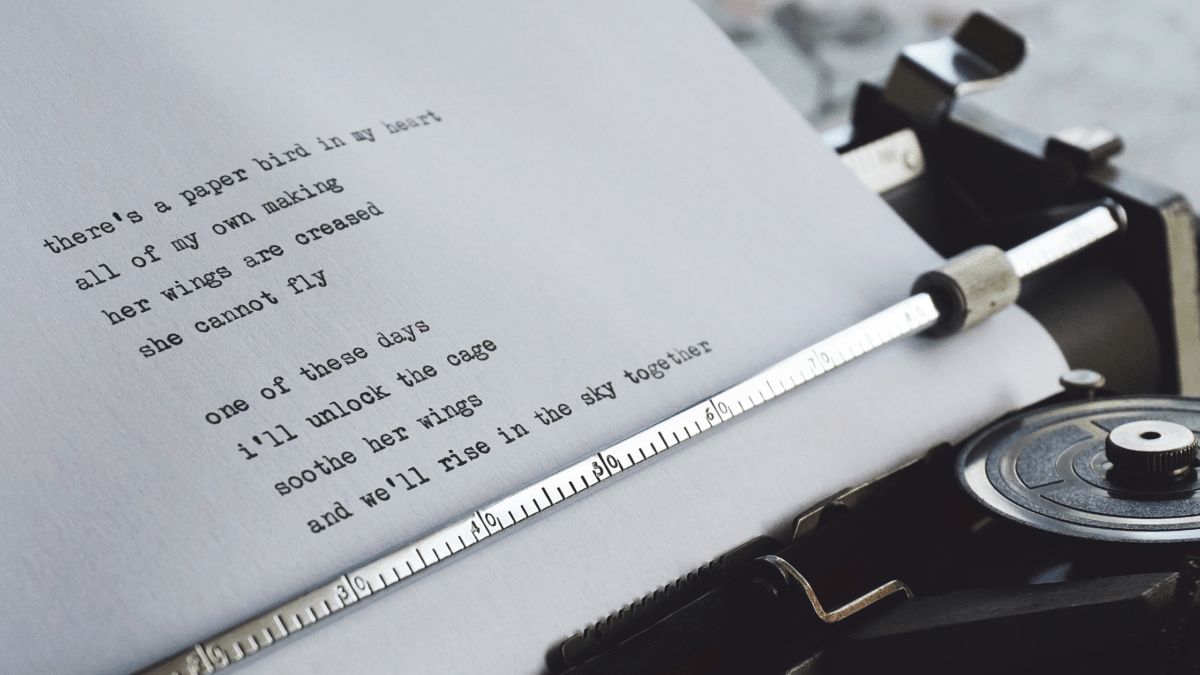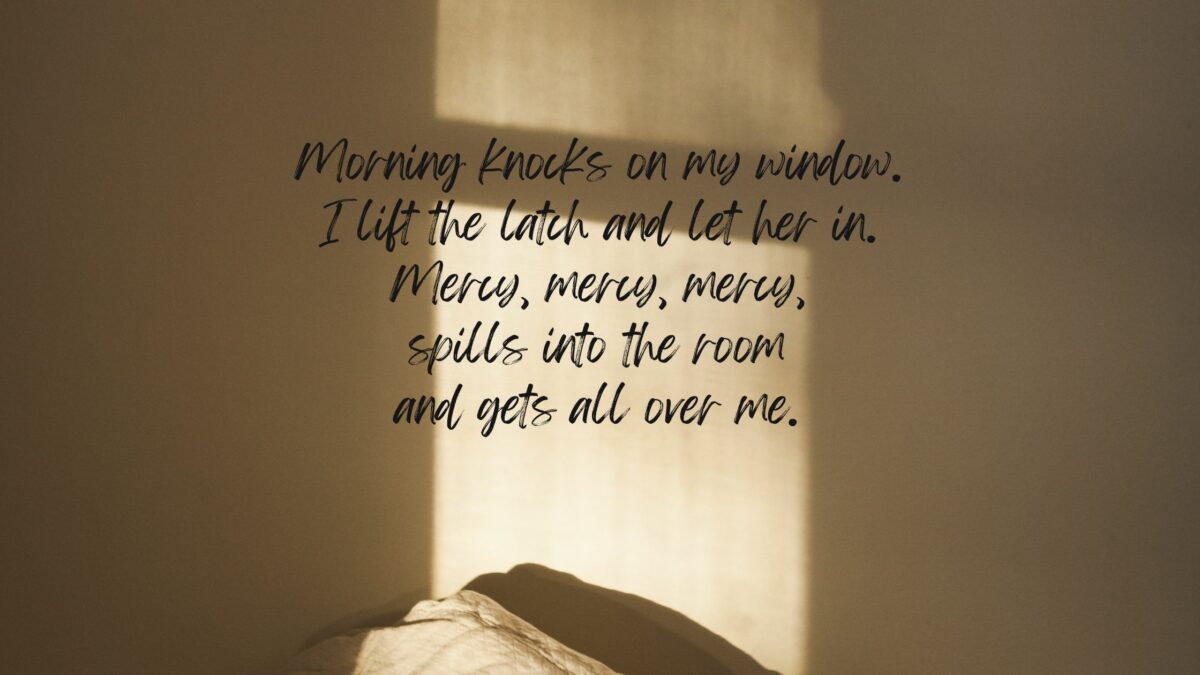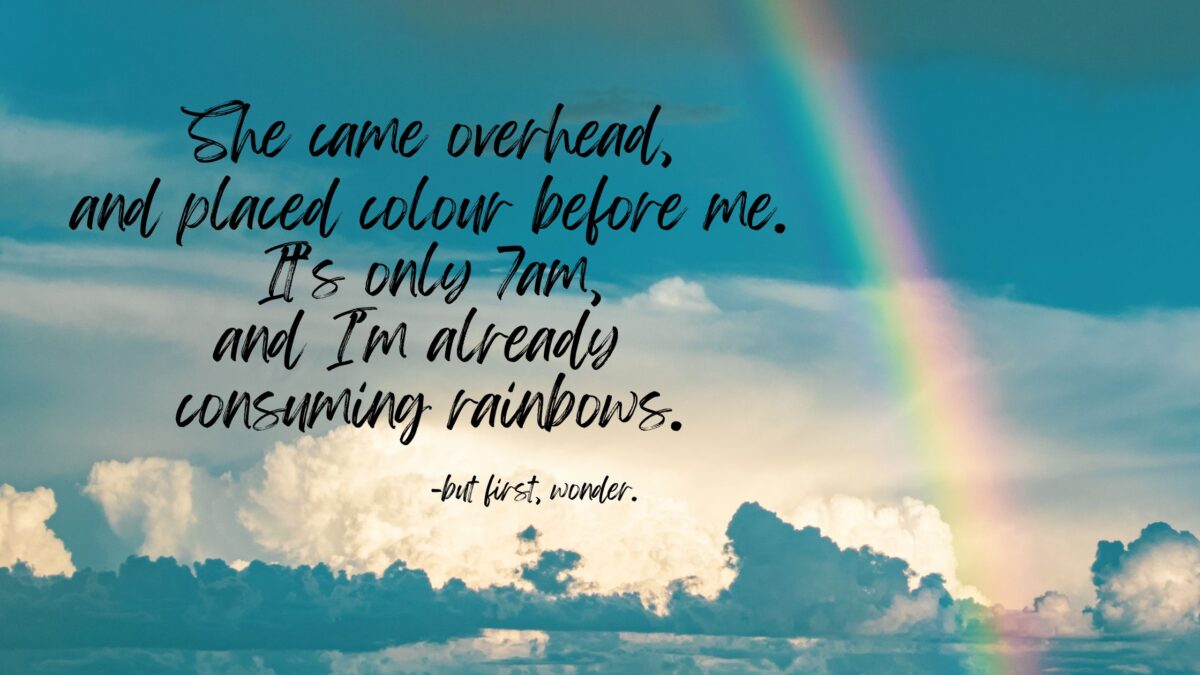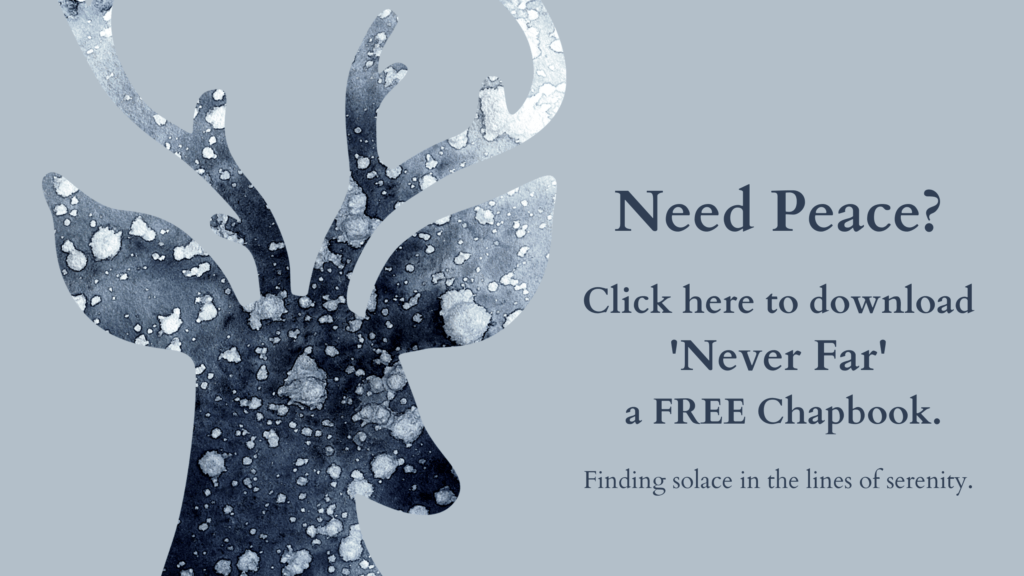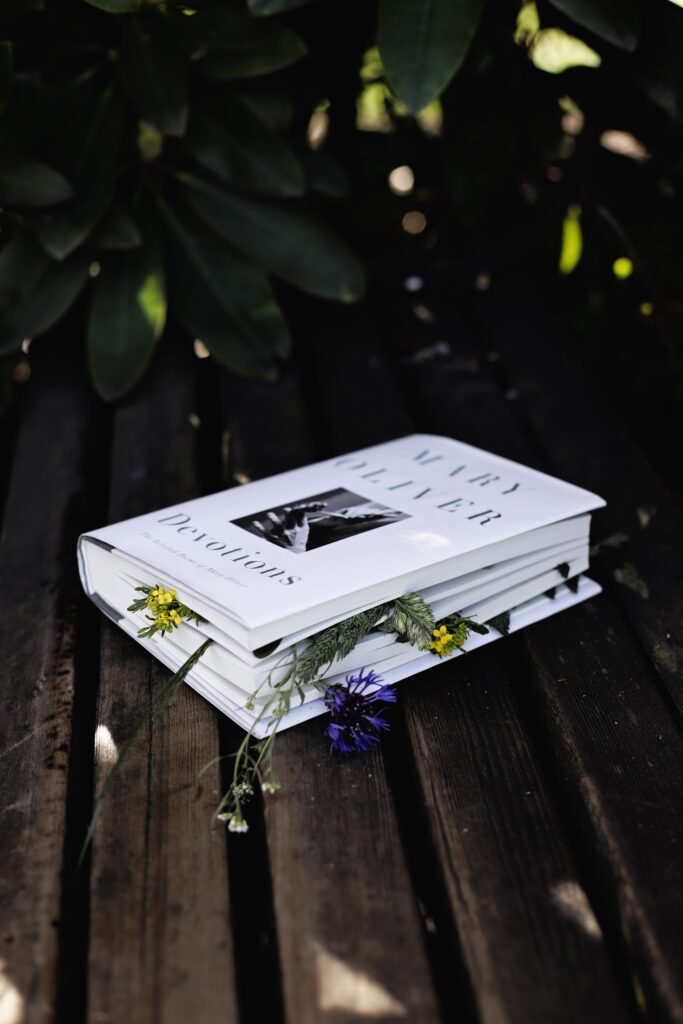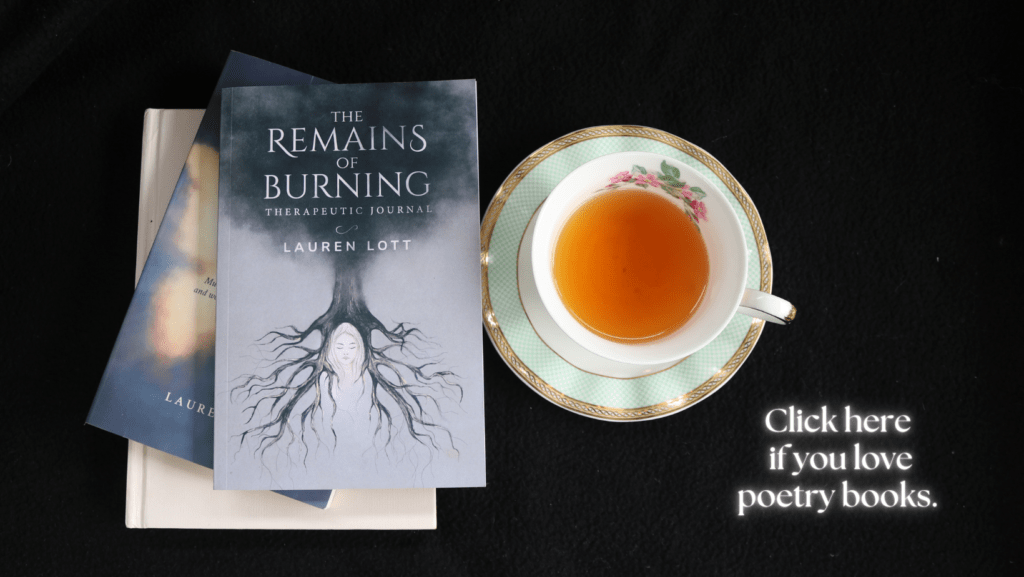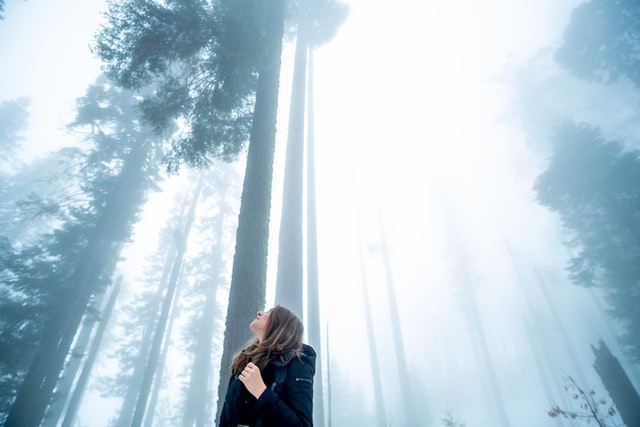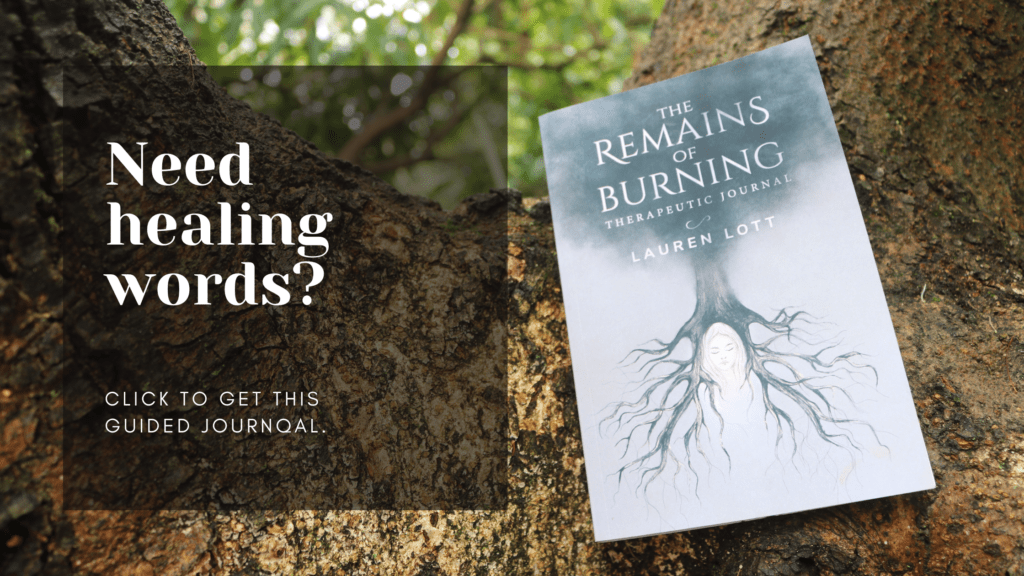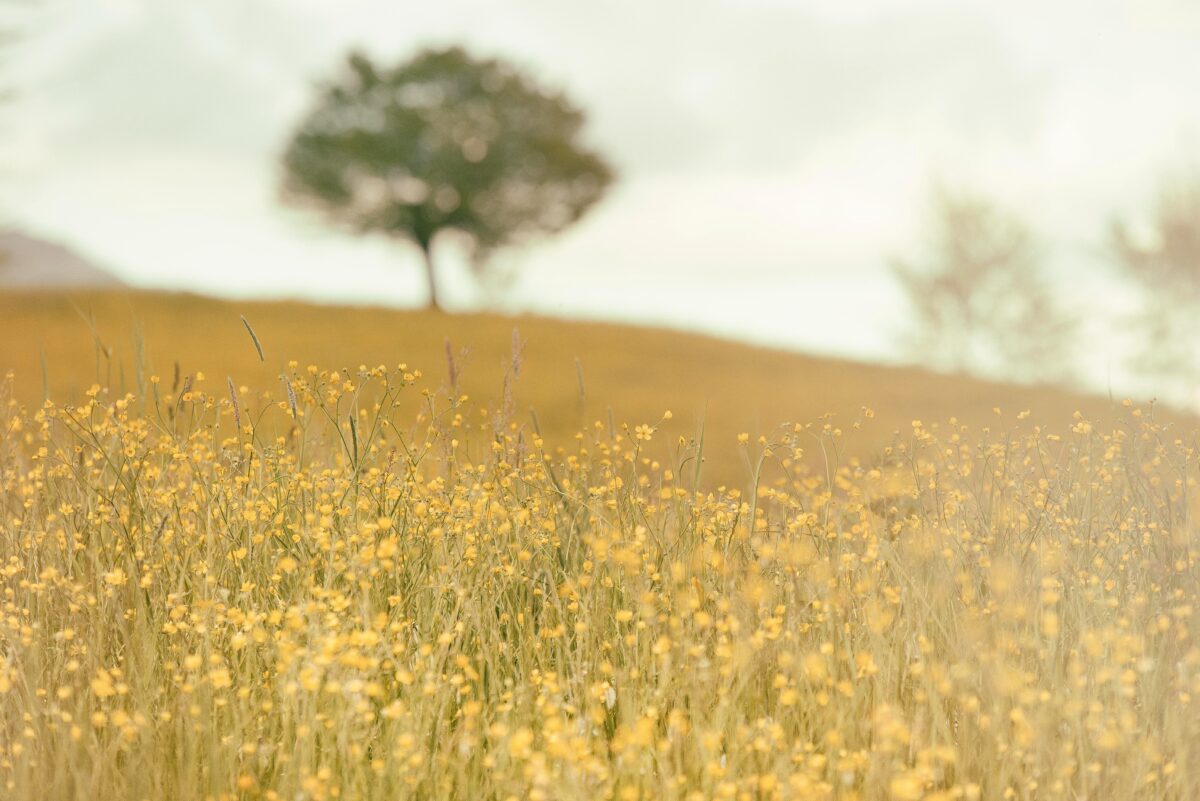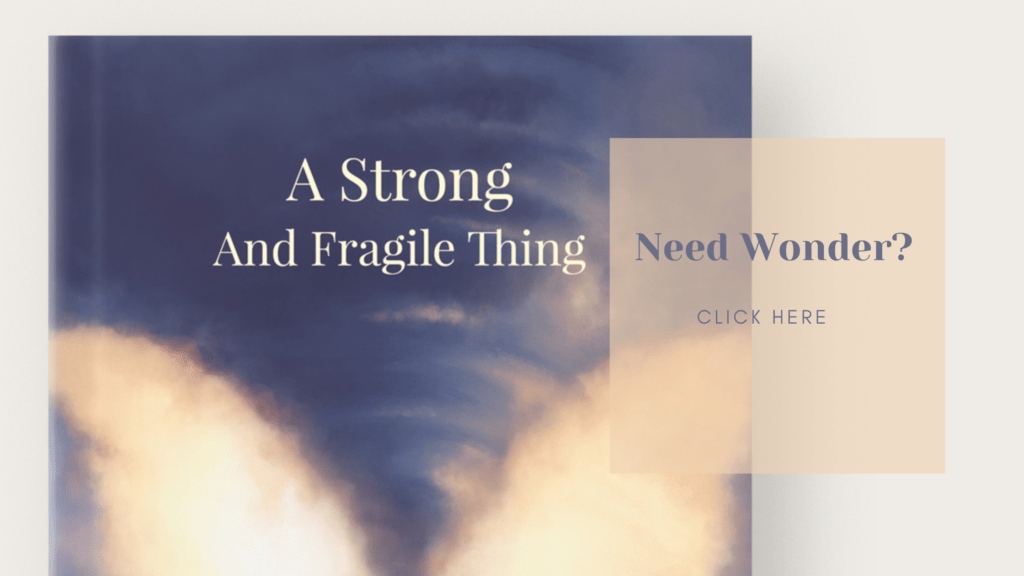Let’s start with a poem.
Epiphany
Love is light,
And so is the absence of love.
It is both the way we are remembered
And casually forgotten.
It is the loyalty of a heart.
It is the betrayal of a promise.
Light is darkness and the flame.
It is a face in full sun
And a face wet with rain.
Light is the climb and the descent.
Both hunger pains and a belly full of bread.
I see it in your eyes.
I hear it in your words.
I hold it in your absence.
I be it in rebirth.
The Dual Nature of Light: Clarity and Shadows
When we think of light, we often envision clarity and warmth. It’s the glow of the sun on our faces, the flame that lights our path.
Yet, light also reveals shadows, those hidden parts of ourselves and our relationships that we may not always wish to see. Just as love can bring us closer to others, it can also expose our vulnerabilities and fears.
Light as a Metaphor for Clarity
In this poem, light is a metaphor for clarity, a way to find our path in the darkness. In moments of confusion or doubt, it’s the light of understanding that guides us.
As we navigate the complexities of life, finding clarity becomes crucial. We seek to understand our feelings, our relationships, and our place in the world.
Illuminating Hidden Truths
Both love and fear have the power to uncover hidden truths in our lives. Love reveals our capacity for deep connection, kindness, and selflessness, shedding light on the positive aspects of our relationships and interactions.
It can bring to the surface the ways we cherish and support others, highlighting the strengths we might not always recognize.
Conversely, fear exposes our vulnerabilities, insecurities, and the darker aspects of our experiences. It forces us to confront the issues we’ve avoided, revealing the areas where we need growth or healing.
Together, love and fear act as illuminating forces, helping us to better understand ourselves and the world around us. By acknowledging both, we gain a more comprehensive and truthful perspective on our lives.
Finding Clarity in Both Presence and Absence
In the final lines of the poem “Epiphany,” we are reminded of the subtle ways we can find clarity through the words and deeds of others. “I see it in your eyes” suggests that body language often tells us profound truths that words might miss.
“I hear it in your voice” emphasizes that both what is said and what is left unsaid can reveal deep insights into our relationships and experiences. “I hold it in your absence” highlights how actions, especially the lack thereof, can speak volumes and provide clarity about what truly matters.
Finally, “I be it in rebirth” signifies that we can find light and clarity as we rebuild our lives after difficult times. By seeking light in both the presence and absence of things, we open ourselves to constant epiphanies.
There is always light, even in the pitch-black darkness. In fact, the darkness itself can be a source of light. Your pain speaks as loudly as your joy, revealing deep truths.
Both the living and the dead illuminate wisdom and understanding. No matter where you are, there is light. Look for the lessons in every situation—they are the way forward.
—
The poem featured in this blog post is from my upcoming collection, “If You’re Looking for Brightness: Words on Light and Where to Find It,” coming in 2024.
